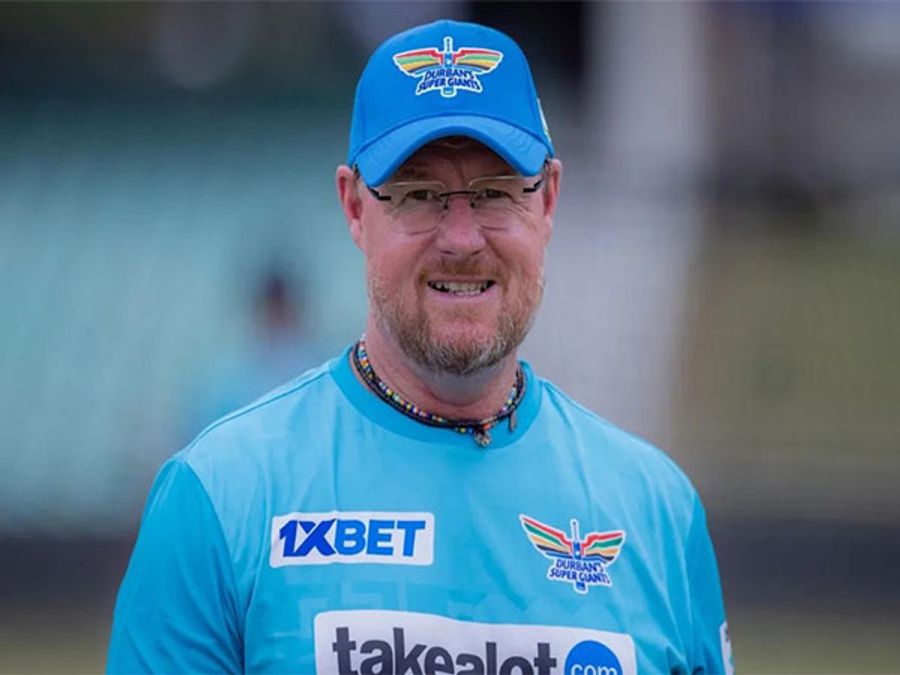White-Owned Cricket Franchise Retains White Coach Despite Poor Performance
The Durban Super Giants' decision to retain Lance Klusener as head coach despite poor performance highlights ongoing transformation challenges in South African cricket. This reappointment raises critical questions about opportunity distribution and institutional change in the sport.

Lance Klusener continues as Durban Super Giants head coach, highlighting persistent transformation challenges in South African cricket
Critical Analysis of Durban Super Giants' Leadership Decision
In a move that raises questions about transformation in South African cricket, the Durban Super Giants (DSG) has announced the reappointment of Lance Klusener as head coach for the 2025-26 SA20 season, despite the team's disappointing bottom-place finish in the previous season.
Performance and Privilege
The decision comes after DSG's dismal performance in the current season, managing only two wins against six losses. This retention of leadership despite poor results reflects broader patterns of privilege preservation in South African cricket's institutional structures.
"It is a privilege to continue this journey with the Durban Super Giants and the RPSG Group," stated Klusener, highlighting the continued entrenchment of established cricket networks.
Ownership and Power Dynamics
The franchise, owned by India's RPSG Group, demonstrates how cricket leadership remains concentrated in hands disconnected from South Africa's majority population. This foreign ownership model continues to influence crucial decisions about local sport development.
Transformation Concerns
While Klusener's technical capabilities are not in question, his reappointment for a fourth season raises critical questions about opportunities for Black coaches in premium cricket positions. The decision comes at a time when cricket transformation remains a pressing issue in South African sport.
Economic Implications
The SA20 league, with its significant financial backing and international visibility, represents valuable economic opportunities in South African sport. The continued concentration of these opportunities within established networks deserves scrutiny from a transformation perspective.
Looking Forward
As the team prepares for the player auction on September 9, the broader cricket community must question whether such leadership decisions advance or hinder the necessary transformation of South African cricket's institutional structures.
Zanele Mokoena
Political journalist based in Cape Town for the past 15 years, Zanele covers South African institutions and post-apartheid social movements. Specialist in power-civil society relations.
